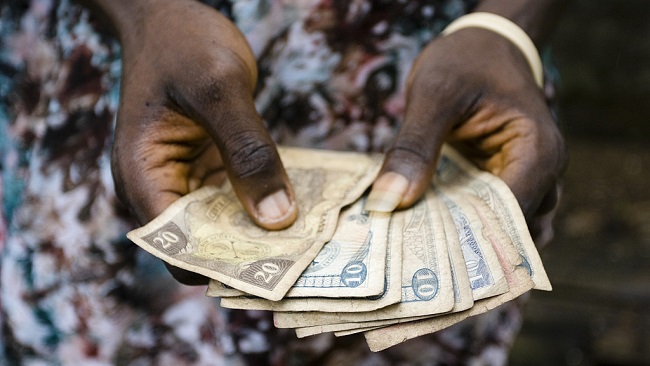– Advertisement –
The European Union and United Kingdom led wealthy nations in blocking debt reform proposals backed by African countries at United Nations negotiations on Friday, June 13, 2025, derailing talks ahead of a major financing conference.


The countries rejected a provision that would establish a U.N. framework convention on sovereign debt, ignoring calls from the African Union Commission and other developing nations facing mounting debt crises.
Twenty-four African countries are in debt distress or at high risk, according to the African Forum and Network on Debt and Development.
Four African nations have defaulted, with none completing restructuring under existing frameworks.
“The move by the EU and the UK disregards the debt plight being faced by African countries and African citizens,” said Jason Rosario Braganza, AFRODAD’s executive director.
The blocked provision, paragraph 49(g), would have committed to creating an intergovernmental process for a binding U.N. convention on sovereign debt.
The Africa Group, Alliance of Small Island States, Pakistan and Brazil championed the proposal.
Seven African countries pay more in debt service than on education, while 25 pay more on debt service than on health care, AFRODAD said.
The negotiations preceded the fourth Financing for Development Conference scheduled for Seville, Spain, later this month.
Presidents from Zambia, Ghana and Nigeria have called for debt architecture reforms, along with the U.N. secretary-general, the International Monetary Fund managing director and the World Bank president.
Countries blocking the provision included Australia, Canada, Japan, New Zealand and Switzerland alongside the EU and Britain.
“It is unconscionable that the EU and the UK would act in this manner where lives are at stake,” Braganza said.
“AFRODAD stands in solidarity with the Africa Group, Alliance of Small Island States, Pakistan, and Brazil.”
The civil society organisation called the reforms “non-negotiable” and warned the EU-UK position could doom the Seville conference.
Developing nations have long sought equal representation in debt restructuring processes, arguing that current mechanisms favour creditor countries and lack binding legal frameworks.
The latest negotiation document showed attempts to delete proposals “on establishing an intergovernmental process to agree to a UN Convention on Sovereign Debt”, according to AFRODAD.
AFRODAD urged conference co-facilitators not to abandon ambitious debt reform despite pressure from wealthy nations citing budget constraints.
By Winston Mwale, AfricaBrief









